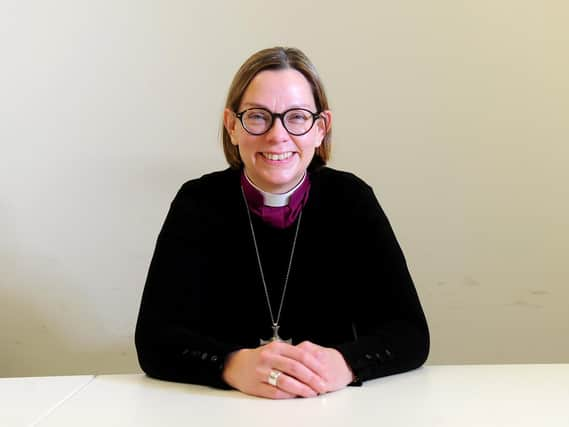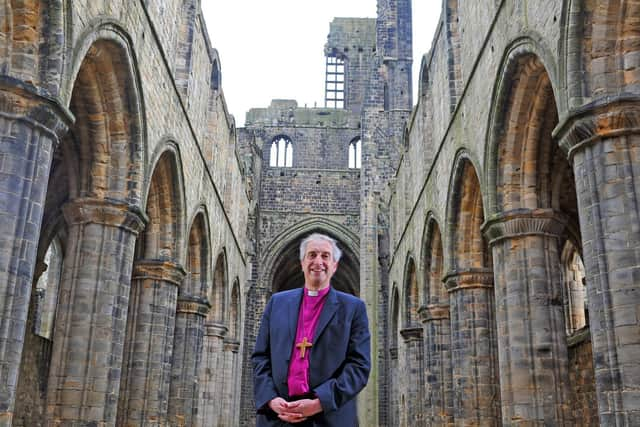Financial impact of coronavirus on churches 'will not be known until the end of the year'


The Rt Rev Nick Baines, the Bishop of Leeds, said the finances of the diocese, which stretches from Barnsley in the south to touch County Durham in the north, would take a “big hit” as rental income halted, donation plate giving stopped and other income streams, such as tourism and that gained through weddings and baptisms, dried up.
However, he said he was confident that both individual churches and the diocese as a whole would be resilient to the challenge, and that it was not facing its “worst case scenario”,
Advertisement
Hide AdAdvertisement
Hide AdHe said: “Churches that are used to people putting money on the plate are going to suffer more than those who do it by direct debit. But churches are being quite creative in how they address this. I’m confident that this diocese is resilient.


“It won’t be until the end of the year when we know what the true impact will be.”
The Rt Rev Paul Slater, the Bishop of Kirkstall, who is responsible for the churches in the Leeds city area said there had “clearly been drops in income” but it was too difficult to put a precise figure on the financial impact.
“At the moment, we’ve had no cases of churches saying ‘we cannot pay our basic bills’, but we are aware that we might get to that situation,” he said.
Advertisement
Hide AdAdvertisement
Hide AdIn the city of Leeds, around 15 to 20 per cent of a church’s income will come from rental, with the majority coming from giving. However, in poorer parts of the city, the rental income could make up to 50 per cent of the churches’ overall income, which would make the effects of lock down harder.
The Right Rev Slater added: “We have noticed some drop in what’s being paid into the central pot, but it’s actually been quite encouraging. Churches are continuing to pay into the central pot, and continuing to pay for clergy and so on.”
The BIshop of Ripon, the Rt Rev Dr Helen-Ann Hartley said the church was having to work with the “realities of the landscape” as income streams dried up.
“When I’m talking to people, often that is what they are anxious about, and a lot of what we do does rely on income generation,” she said.
Advertisement
Hide AdAdvertisement
Hide AdShe used the example of the Holy Trinity Church in Skipton, which usually generates a “huge amount of its income” from its cafe.
“That’s gone - quite a stark example of income just having dropped off totally.”
The Church of England has offered a financial liquidity package to dioceses totalling £75m - and a further extra £35m in grants that have been announced - these are being made available to dioceses facing financial hardship. It has also asked the Government for £40m to fund repairs to cathedrals.
A spokesperson for the Church of England, said: “The Covid-19 crisis has presented us all in the Church with an unprecedented challenge to find new and imaginative ways of being present in the communities we serve. Correspondingly it also has created new opportunities for us to collaborate in the creation of a more healthy, robust and flourishing church post Covid-19.
Advertisement
Hide AdAdvertisement
Hide Ad“The announcements of financial support from the national church for dioceses and cathedrals are about working together in the coming months to collectively re-shape our use of resources and ministry structures.”